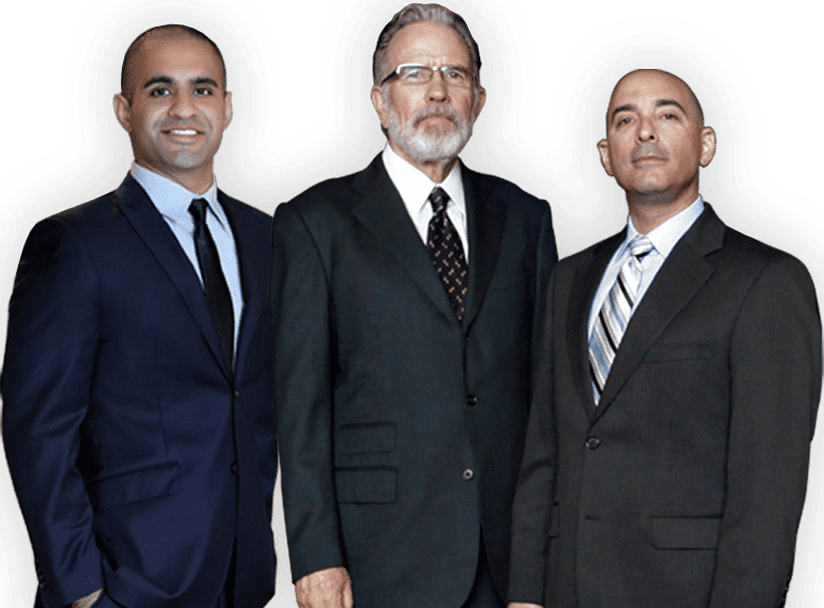Advocates For Individuals Who Are Deaf Or Hard Of Hearing
Our law firm has extensive experience representing individuals who are deaf or hard of hearing in civil rights and employment law matters. We understand the needs of people who are deaf or hard of hearing, and we have helped many clients receive compensation for being denied American Sign Language (ASL) interpreters and other forms of reasonable accommodation.
If you are deaf or hard of hearing and your reasonable request for a sign language interpreter was denied at your place of work or at a business establishment, contact our experienced team of discrimination attorneys for assistance.
Accommodations For Deaf And Hard Of Hearing People
Examples of reasonable accommodations for deaf or hard of hearing individuals may include:
- Requesting a sign language interpreter to communicate with a doctor or medical provider
- Requesting a sign language interpreter for job or promotional interviews
- Requesting a sign language interpreter for important work or disciplinary meetings
- Requesting a sign language interpreter for job training
- Requesting a sign language interpreter to communicate with a business establishment
- Requesting closed captioning or video phones
We have successfully represented more than 50 deaf or hard of hearing individuals, and one of our firm’s founding partners, Daniel M. Holzman, is a respected leader in this important area. He has given training to the Greater Los Angeles Agency on Deafness (GLAD) and has assisted GLAD’s consumers in many legal matters.
Discrimination Against The Deaf Or Hard Of Hearing In The Workplace
Being deaf or hard of hearing is considered a disability in California and across the country. Employers are required to provide adjustments or modifications that enable people with disabilities to enjoy equal employment opportunities. Employers are also required to ensure effective communication in their interactions with deaf employees. In many cases, an employer may be required to provide qualified sign language interpreters, including ASL interpreters, for important job-related communications with deaf employees.
Consider the following real-world example:
A deaf employee requests a sign language interpreter for regular staff meetings. The employer suggests that a co-worker could take notes and share them with the deaf employee or that a summary of the meeting could be prepared.
Must the employer provide the deaf employee with a sign language interpreter?
Yes. The employer’s alternatives to the sign language interpreter are not effective because they would not allow the deaf employee to ask questions and participate in discussions during the meetings as other employees do. Absent undue hardship, the employer must provide a sign language interpreter for the meetings.
Unfortunately, many employers fail to meet these standards, resulting in poor communication and confusion on the part of both the employee and employers. Unwarranted disciplinary action, discrimination and even wrongful termination of workers who are deaf or hard of hearing is not uncommon.
Get Our Help Today
If you are deaf or hard of hearing and suspect you were a victim of discrimination, you may have a case. Make the right choice. Call Caskey & Holzman at 323-391-3984 or toll-free at 800-403-7096, or contact us online to arrange a free case evaluation with our knowledgeable Calabasas lawyers. We serve clients throughout Southern California and statewide. We accept most cases on a contingency fee basis.
WATCH THIS VIDEO: Deaf Discrimination on ABC’s “What Would You Do?”

